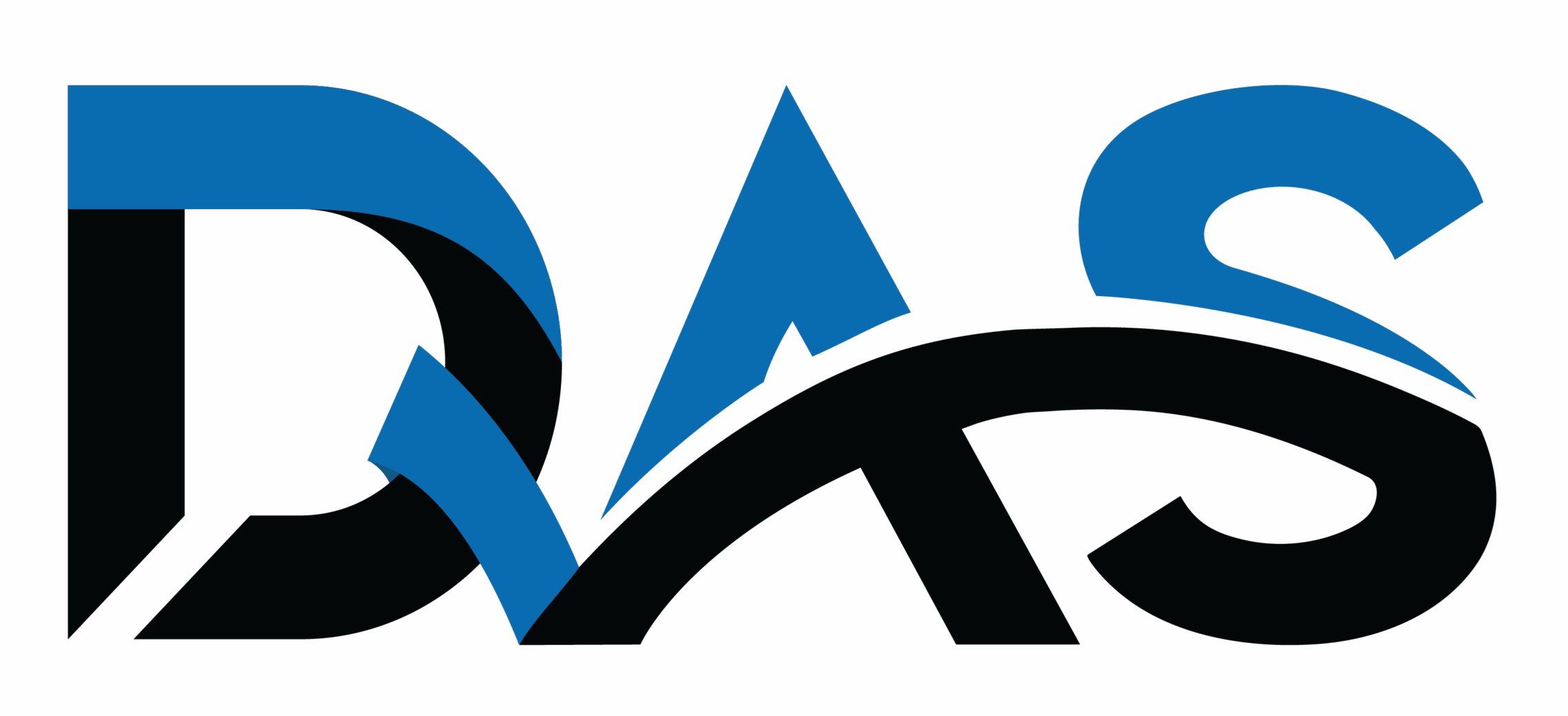Integrity & Professionalism
Integrity and Professionalism
DAS Global Limited operates as a 3rd Party Certification, & Training, organization. In this role, integrity and professionalism are not just ethical ideals—they are core operational principles that directly impact the credibility, trustworthiness, and long-term success of the company. Here’s how:
Integrity: The Foundation of Trust
Integrity is the cornerstone of all ethical conduct and the foundation upon which trust is built. It means consistently acting with honesty, fairness, and transparency, even when no one is watching. In professional and personal relationships, integrity fosters credibility and confidence, enabling individuals and organizations to earn the respect of others. It requires aligning actions with values, honoring commitments, and taking responsibility for decisions. Without integrity, trust erodes and relationships—whether in business or life—quickly deteriorate. Therefore, upholding integrity is essential for long-term success, accountability, and mutual respect in any environment.
Customer and Stakeholder Confidence:
Customer and stakeholder confidence is vital for the sustained success and reputation of any organization. It reflects the trust that clients, partners, regulators, and the public place in an organization’s ability to deliver consistent, reliable, and ethical services or products. Building this confidence requires transparency, responsiveness, compliance with standards, and a strong commitment to quality and continual improvement. When stakeholders believe in the integrity and competence of an organization, they are more likely to support its growth, recommend its services, and remain loyal during challenges. Maintaining this confidence is not a one-time achievement but a continuous effort that reinforces the organization’s credibility and market position.
Ethical Conduct:
It ensures staff and auditors do not engage in bribery, data manipulation, or misleading practices, thereby upholding DAS Global’s reputation and legal compliance. Ethical conduct is the practice of acting with integrity, fairness, and accountability in all professional and personal interactions. It involves making decisions that are morally sound, respecting the rights of others, and upholding laws, regulations, and organizational values. Ethical behavior fosters a culture of trust, transparency, and respect, which is essential for long-term success and a positive reputation. In organizations, it guides employees and leadership to act responsibly, avoid conflicts of interest, and prioritize honesty and justice. Upholding ethical conduct not only strengthens internal cohesion but also builds strong, lasting relationships with clients, partners, and the wider community.
Professionalism: The Standard of Service Excellence
Professionalism is the hallmark of service excellence, reflecting a commitment to quality, reliability, and ethical behavior in every aspect of work. It encompasses punctuality, competence, respectful communication, accountability, and a focus on continuous improvement. Demonstrating professionalism means not only meeting client expectations but exceeding them through consistent, courteous, and skilled performance. It fosters trust, enhances credibility, and sets a high standard within the workplace and industry. By upholding professionalism, individuals and organizations create a positive reputation, encourage long-term relationships, and drive sustainable success through dependable and exemplary service delivery.
Professionalism ensures that services are delivered by qualified, trained, and experienced personnel, in line with international standards and best practices.
Effective Communication and Client Handling:
Professional behavior ensures clear, respectful, and prompt communication with clients, which improves customer satisfaction and loyalty. Effective communication and client handling are critical components of delivering exceptional service and building lasting relationships. Clear, timely, and respectful communication helps in understanding client needs, managing expectations, and resolving issues efficiently. Active listening, empathy, and professionalism ensure clients feel valued and understood, which strengthens trust and satisfaction. Proper handling of client inquiries, feedback, and concerns reflects an organization’s commitment to service excellence. By maintaining open channels of communication and a client-centric approach, organizations can enhance customer experience, build loyalty, and foster a positive reputation in the market.
Confidentiality and Data Protection:
Professionalism demands that client data and findings are handled with discretion and confidentiality, crucial in sensitive industries and technical audits. Confidentiality and data protection are fundamental to maintaining trust, integrity, and compliance in any organization. Safeguarding sensitive information—whether personal, financial, or operational—is not only a legal obligation but a professional responsibility. Ensuring that data is accessed, processed, and stored securely protects clients, employees, and stakeholders from misuse, breaches, and reputational damage. Implementing robust data protection policies and controls helps prevent unauthorized access and fosters a culture of discretion and accountability. Upholding confidentiality demonstrates respect for privacy, strengthens client confidence, and supports the organization’s credibility and ethical standards in a data-driven world.
DAS has developed and implemented polices and procedure for compliance assurance to ensure Integrity and Professionalism in all our business processes.
